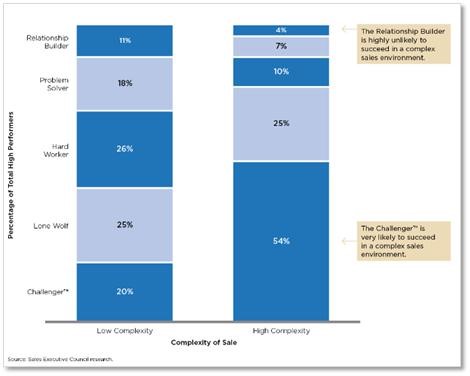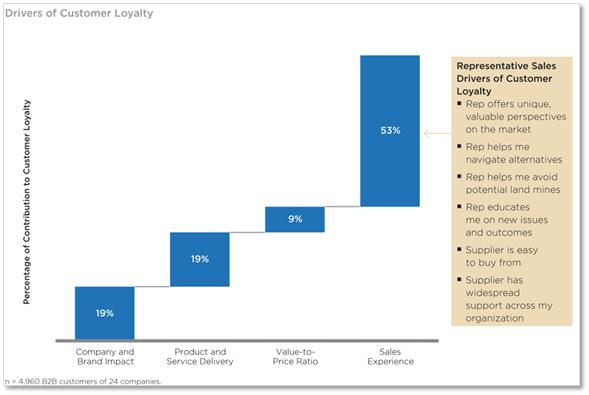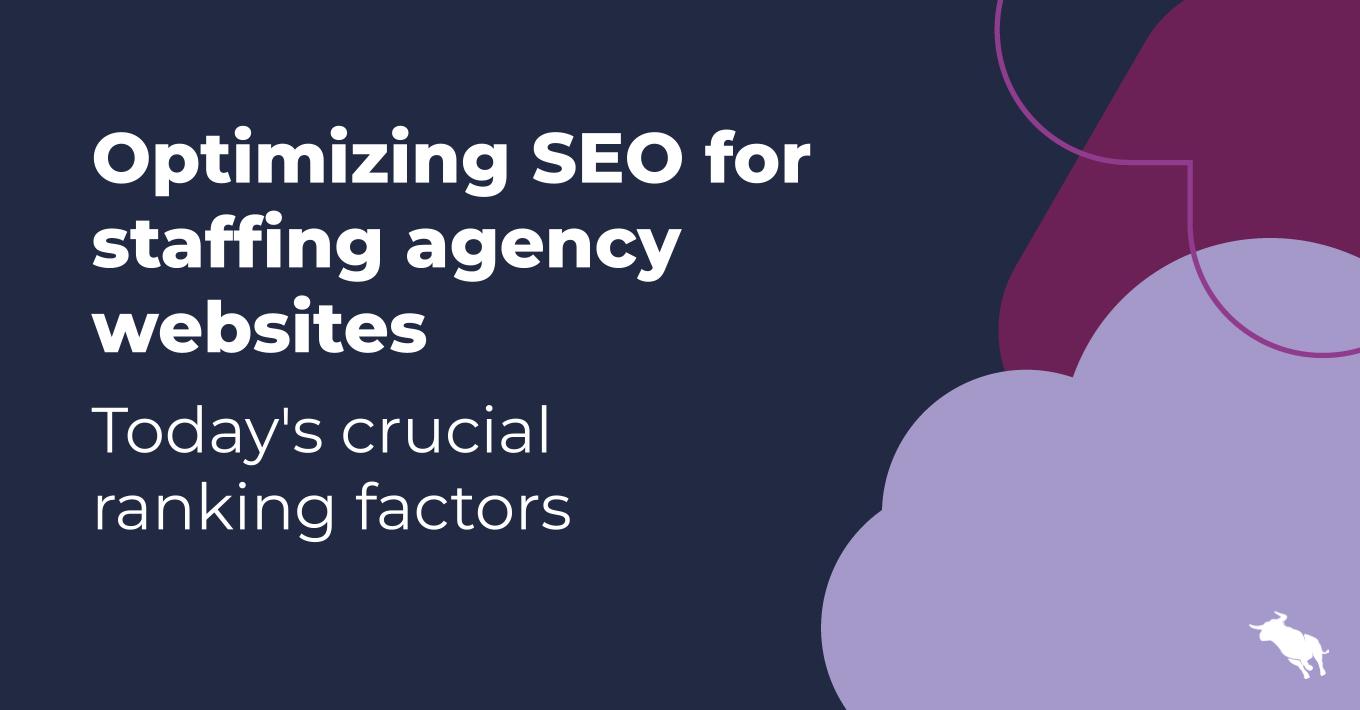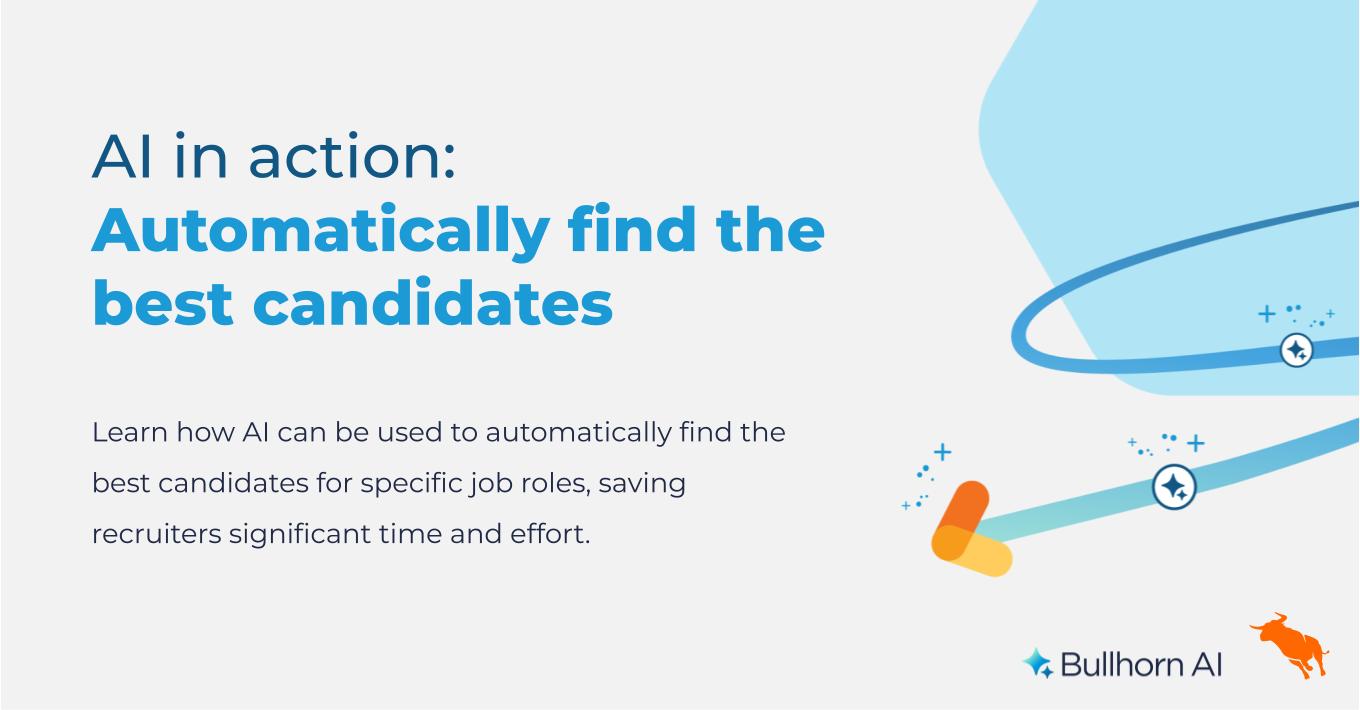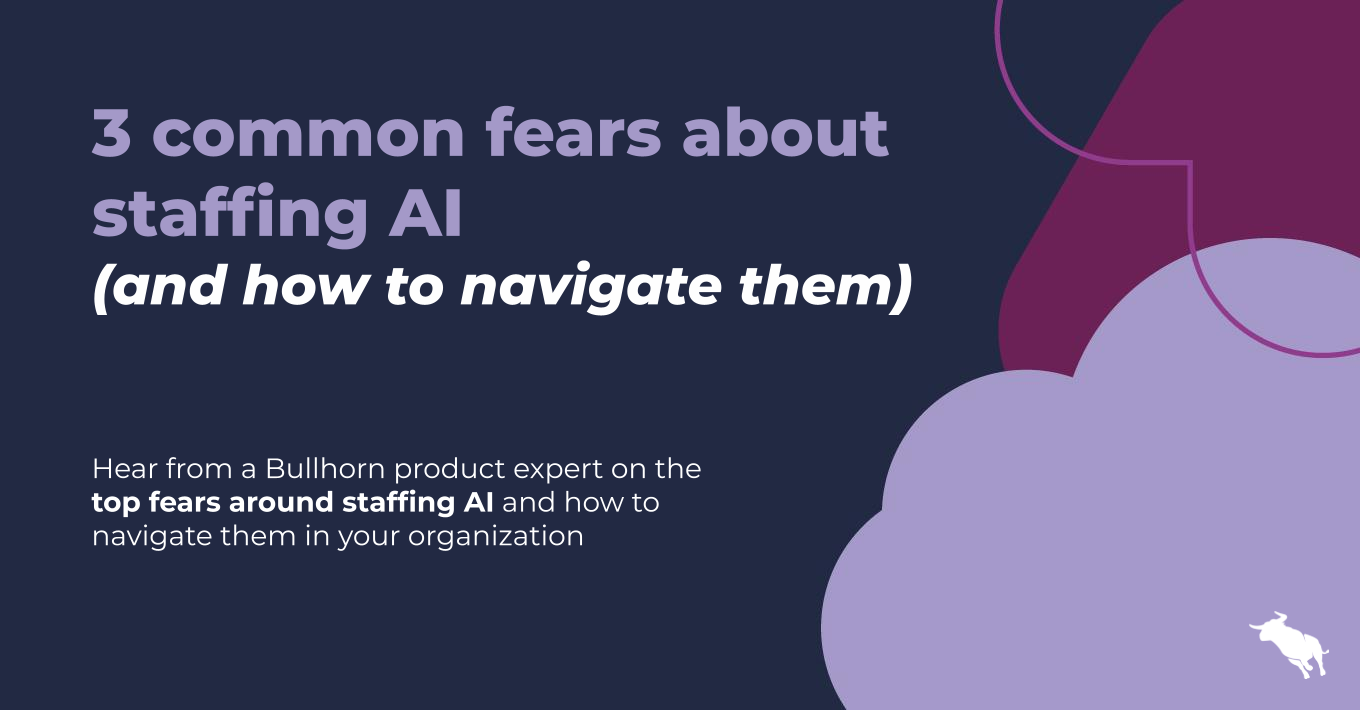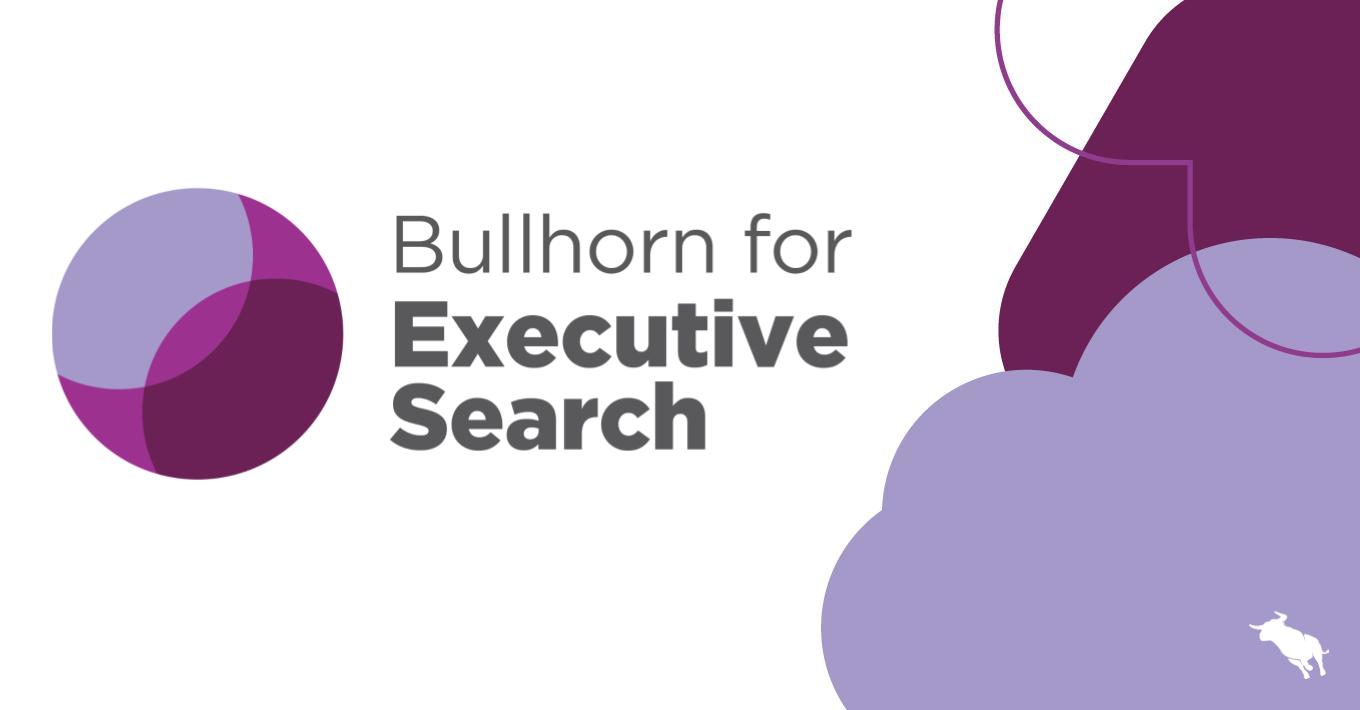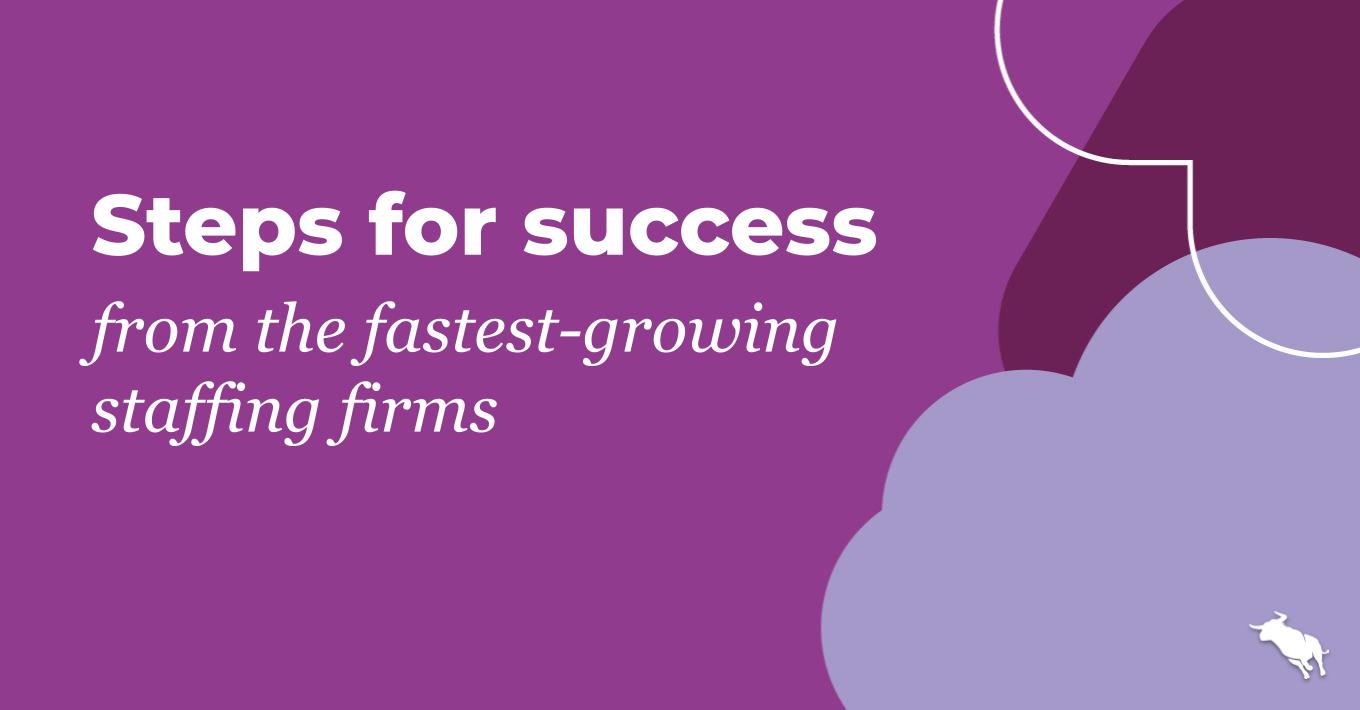Want to Increase Customer Loyalty? Take the Sales Challenge
Selling Is More than Hard Work
I recently attended a sales and marketing conference where Brent Adamson, Managing Director of the Corporate Executive Board (CEB), presented his company’s findings on which types of sales professionals are the most successful and how their sales tactics drive long-term firm value. Brent first characterized sales professionals into 5 types – Hardworkers, Challengers, Relationship Builders, Lone Wolves, and Problem Solvers – and then asked us to guess which one type consistently comes out on top of the sales leaderboard. Contrary to what I and many others in the audience expected, CEB research revealed that top-producing reps, at least in more complex sales, are most commonly Challengers. What also surprised me was that the Relationship Builders are least likely to succeed in both simple and complex selling environments.
What is a Challenger?
Challengers are people that understand their customers’ businesses as well, or better, than the folks to whom they sell. They’re not afraid to debate with their customers and they like challenging the status quo. They even educate their prospects and customers about their respective domains and verticals, serving up unique insights and asking hard questions that get their counterparts to think differently about their business needs.
After Brent detailed the Challenger profile, he surprised us with some additional research his company conducted. He ranked four key factors that contribute to customer loyalty: Company and Brand Impact, Product and Service Delivery, Value-to-Price Ratio, and Sales Experience. Interestingly, the experience a customer has with its sales rep is a bigger factor in driving loyalty (53%) than all of the other factors combined (47%). As a marketer, I fully expected that a combination of Company, Brand, and Product would drive the most loyalty, but CEB’s research proved exactly the opposite.
Keep Those Job Orders Coming
While the presentation we sat through was geared primarily towards B2B software companies, it was clear that the findings could be applied to any segment or industry. Regardless of what you sell, you and your folks on the front line are more critical to loyalty and retention than all of your other combined initiatives. In staffing and recruiting, where competition to earn a client’s business is cutthroat, your people are what make the difference. Don’t treat new – or existing – client relationships, and the job orders that accompany them, as a fulfillment exercise. Sure, once you bring a client on board and land a few job orders, you need to dive into your applicant tracking system to find and deliver the best candidates as quickly as possible. And for some clients, you may be delivering exactly as expected. But is meeting expectations good enough? Does merely delivering encourage loyalty? If you don’t take the opportunity to challenge your clients early on, you’re likely missing out on an opportunity to deliver unique, lasting value.
I’m not saying that relationships and hard work don’t matter. They do. Just know that if you rely solely on effort and relationship-building alone, there is a challenger lurking around the corner – someone that is ready to help your clients avoid common pitfalls, provide your clients with deeper insights about their markets, question your clients’ expected outcomes, and then make sure your clients get top-notch service and results. Don’t let that happen. Start challenging your clients today, and watch those job orders roll in for a long time to come.
